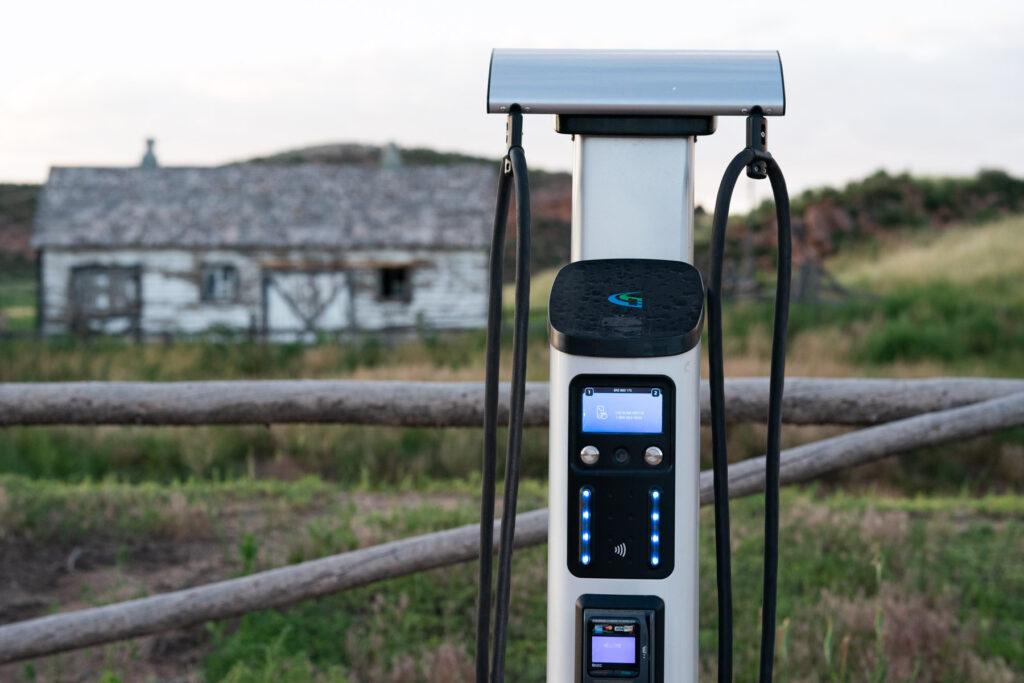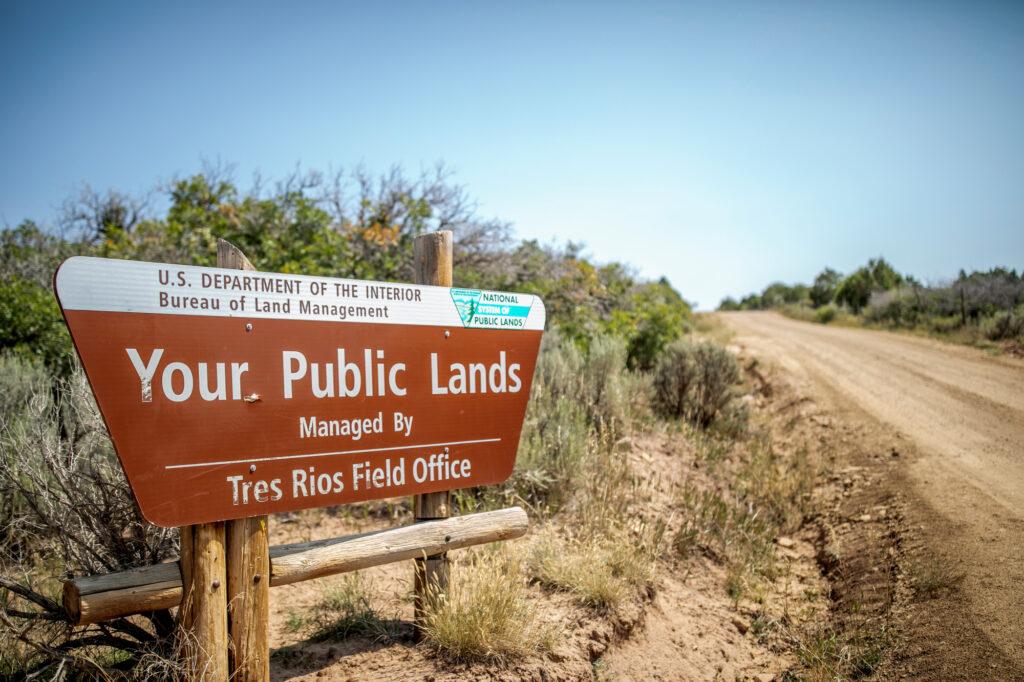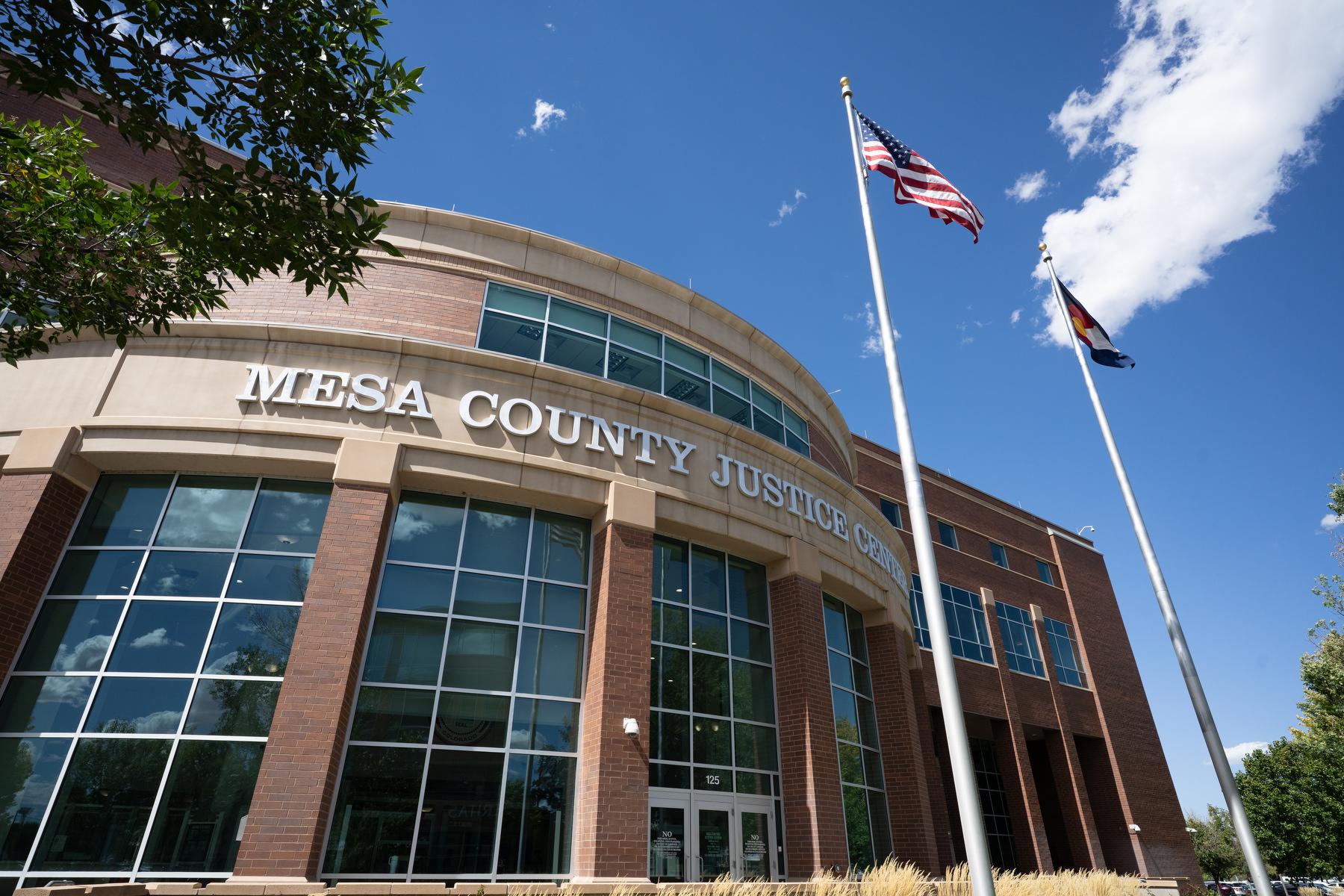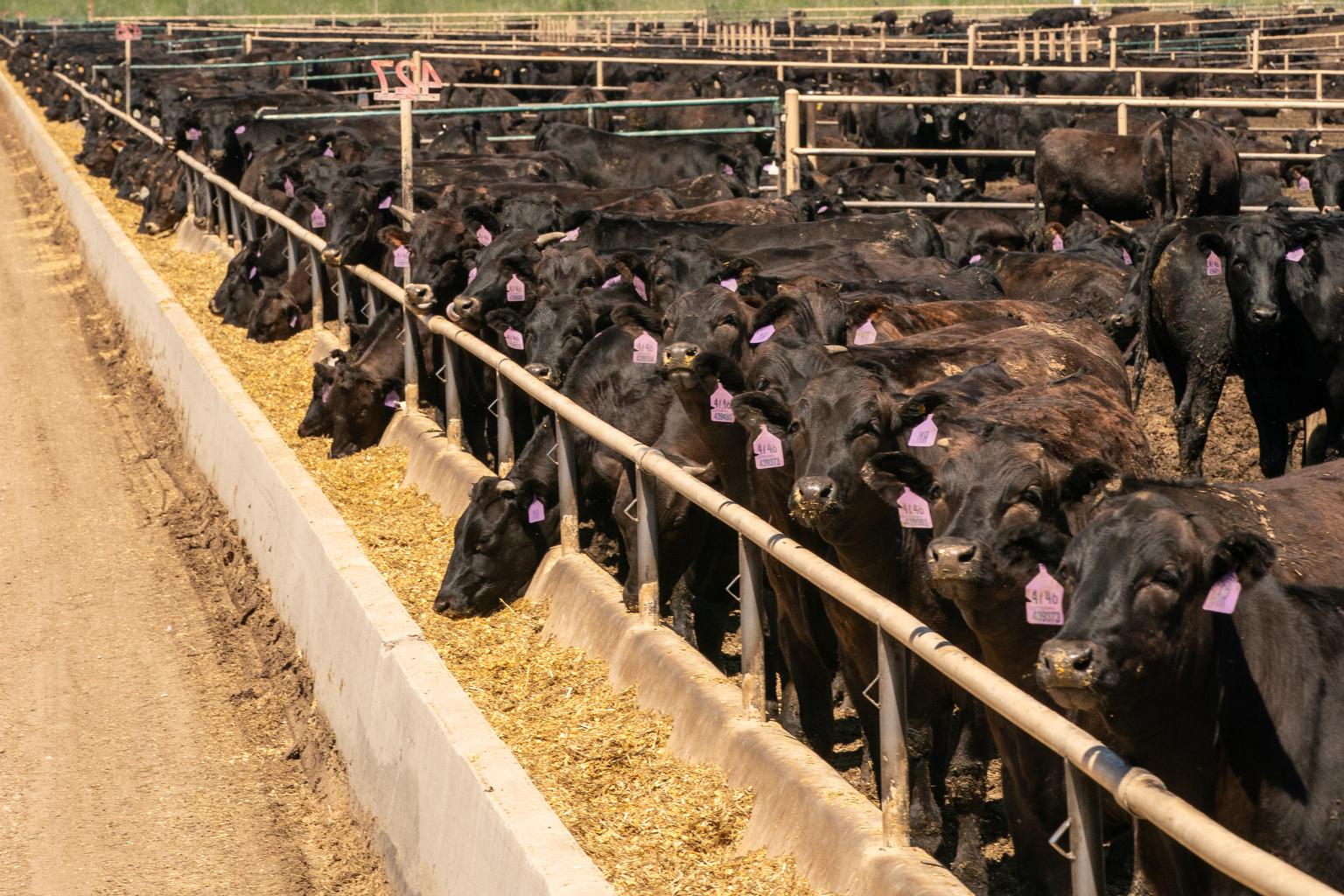
Update, 10:40 a.m., May 22, 2025: On Thursday, the House passed the 'big, beautiful bill,' 215-to-214, with all Colorado Republicans voting for it and Democrats voting against. The bill was changed Wednesday night to move up Medicaid work requirements and state eligibility checks from Jan 1, 2029 to Dec. 31, 2026. It's expected to save more money, but also push more people off of the federal health care program. The changes also include an earlier phase-out of clean energy tax credits. Projects would have to start construction within 60 days of the bill becoming law to qualify for the credits and be placed in service by the end of 2028. It also removed a provision that would have stopped implementation of two resource management plans in Western Colorado. The bill heads to the Senate, where it is expected to change.
Read more on from NPR about the House vote.
Next week, the U.S. House is expected to vote on a reconciliation package that extends the Trump tax cuts, adds new temporary tax breaks, increases spending on defense and border security, rolls back climate action, lifts the debt ceiling by $4 trillion, and more. It would be Republicans' chance to reshape the federal government and social safety nets to carry out big pieces of President Donald Trump’s second-term agenda.
There was good news for Republicans in the package, with some committees cutting more money than tasked and the Congressional Budget Office saying the tax portion would come in under $4 trillion. But for the budget hawk wing of the party, there was plenty of bad. The Committee for a Responsible Federal Budget projected it would add approximately $3.3 trillion to the debt over 10 years, while increasing annual deficits to $2.9 trillion.
While the different pieces passed through committees on party-line votes, different factions of the House Republican caucus are unhappy with various elements. This means it is likely to change before it hits the House floor.
Adding to the uncertainty, Senate Republicans are also expected to change the package, while other provisions included in the bill may not survive that chamber’s Byrd Rule, which states reconciliation must be limited to budget changes, not policy ones.
Still, here’s a look at how some of the elements in the House reconciliation package that could have the biggest impact for Colorado and Coloradans.
Taxes
The bill would extend the 2017 Trump tax cuts for individuals. (The business tax cuts were already permanent.) Without this action, tax rates will go back to pre-Tax Cuts and Jobs Act rates, meaning they would increase for most brackets, including raising the top bracket from 37 percent to 39.6 percent.
It increases the standard deductions by $1,000 for a single filer and $2,000 for married filing jointly. It expands the Child Tax Credit to $2,500 per child. The package also includes a number of issues Trump ran on, including ending federal taxes on tips and car loan interest. It does not include no tax on Social Security, but does give seniors an extra $4,000 deduction. These policies, though, are all temporary and would expire at the end of 2028, as Trump leaves office.
Reconciliation would also ends the IRS’s Direct File program, a free online tax filing service that the IRS is in the process of rolling out to states. Coloradans would have been able to use it to file their taxes starting next year. Instead, Republicans want to set up a public-private partnership to replace the free service.
Overall, an analysis by the left-leaning Center on Budget and Policy Priorities calculated that the tax changes in the Reconciliation package will benefit those in the top tax brackets more so than the lower brackets.
Medicaid
Medicaid, the federal health program for kids and people with low incomes, has been a flashpoint during reconciliation talks among Republicans. It’s one of the country’s most costly mandatory spending programs. Fiscal conservatives had wanted to see drastic changes to pare it back, but other Republicans, worried about the impact on their districts, had warned against cutting too far.
Instead, the House provisions look for savings, in part by, expanding work requirements. People age 19 to 64 would have to work, go to school or volunteer at least 80 hours a month to receive Medicaid, but there are exemptions, such as for pregnancy or people with complex medical issues.
States would also have much more paperwork ahead of them, by having to check eligibility for Medicaid patients every six months, instead of annually.

It also raises copays for people who make between 100-138 percent of the federal poverty level. And would prohibit Medicaid funds from being used at Planned Parenthood clinics or for “gender transition procedures.”
The two biggest provisions that would hit Colorado, however, have to do with immigrants and the so-called provider tax.
Undocumented immigrants are not eligible for Medicaid. But Colorado and 11 other states use state funds to provide health coverage to at least some people without legal status. The government would push states to change their policies by dropping their federal matching rate (FMAP) for Medicaid expansion from 90 percent to 80 percent.
The bill would prohibit Colorado and other states from establishing any new provider taxes or increasing the existing tax, known in the state as the Hospital Provider Fee. States charge the fee to medical providers in order to draw down more Medicaid dollars, which the providers then benefit from. It’s helped keep some of Colorado’s rural hospitals afloat.
The Congressional Budget Office found 10.3 million people nationwide would lose Medicaid coverage, while millions more would lose insurance due to Affordable Care Act changes.
Many of the changes, like expanded work requirements, would not take place until after Trump leaves office. But House conservatives want to see that date moved up so savings kick in faster.
Food Aid
The House bill also expands work requirements to qualify for SNAP, the program often called food stamps, including to those with child dependents as young as 7. Currently, caregivers are exempt from working if they have dependents younger than 18.
House Republicans also want states to pick up more of the tab. The bill would require states to cover 75 percent of administrative costs, up from 50 percent. And, in a first, it would make states pay for the cost of the program, too. Republicans proposed a sliding scale based on a state’s payment error rate; states with lowest error rates would have to cover 5 percent of the cost, states with higher rates would have to pay up to 25 percent.
In FY23, Colorado had a payment error rate of 8.6 percent, while the national average error rate was 11.6 percent. Based on that rate, Colorado would have to cover 20 percent of its SNAP costs, something that the state, which is required to have a balanced budget and has to operate under the revenue constraints of TABOR, would be hard pressed to do.
Energy and Climate
The bill guts several elements of former President Joe Biden’s tax, climate and health law, known as the Inflation Reduction Act. It would rescind unobligated funds for clean energy programs, while promoting increased fossil fuel production. For example, the package creates an expedited permitting process for new wells — if companies pay a $10 million fee, they could get approval within 12 to 18 months and would limit legal challenges to their permits.
It also rescinds unobligated funds for programs related to clean air and greenhouse gas reductions, such as efforts to monitor air pollution in schools, and it ends energy efficiency improvements and clean energy credits for homeowners this year. The package also rescinds tax credits for pre-owned and new EVs at the end of this year. There is a provision that will allow manufacturers to start collecting the new EV credit if they haven’t sold 200,000 new clean vehicles by the end of the year.

It has an early phase out of tax credits for clean electricity production, clean electricity investment, zero-emission nuclear power production, clean hydrogen production, advanced manufacturing production (solar, wind, batteries). This could impact Colorado, where companies in some Republican-held districts have announced low-carbon energy investments fueled by the IRA’s incentives.
As with many other parts of the package, House conservatives are pushing for the full slate of credits to be eliminated, while moderates are pushing their leadership to preserve some.
Public Lands
The bill aims to increase fossil fuel, mining and logging on public lands.
Like with energy permitting, companies will be able to pay a fee for an expedited environmental review, conducted by the government or the company, and would be protected from judicial challenge. There would also be a fee for groups that want to file objections to oil or gas lease sales.
Oil and gas royalty rates would go down from 16.7 percent to the pre-IRA rate of 12.5 percent.

The bill would also prohibit the implementation of two BLM resource management plans in Colorado, one for the Colorado River Valley Field Office and the other for the Grand Junction Field Office. After decades of work, the plans were only finalized in the last year of the Biden administration.
A late amendment allows for the sale of some public lands in Utah and Nevada, stoking fears that this could be just the start of a larger sell-off. Republican Rep. Jeff Hurd, who represents Western and Southern Colorado, was the only Republican to vote against the amendment in committee.
Immigration and Border Security
The bill helps support a plan to remove 1 million immigrants per year from the country, and house up to 100,000 in detention centers at a time.
It gives more than $46 billion to construct new sections of a wall along the U.S. Southern border. It also includes more than $6 billion to staff up border patrol and customs officers. And it would require asylum seekers to pay a $1,000 fee to apply to enter the country.
Funding for public media is at stake. Stand up and support what you value today.








